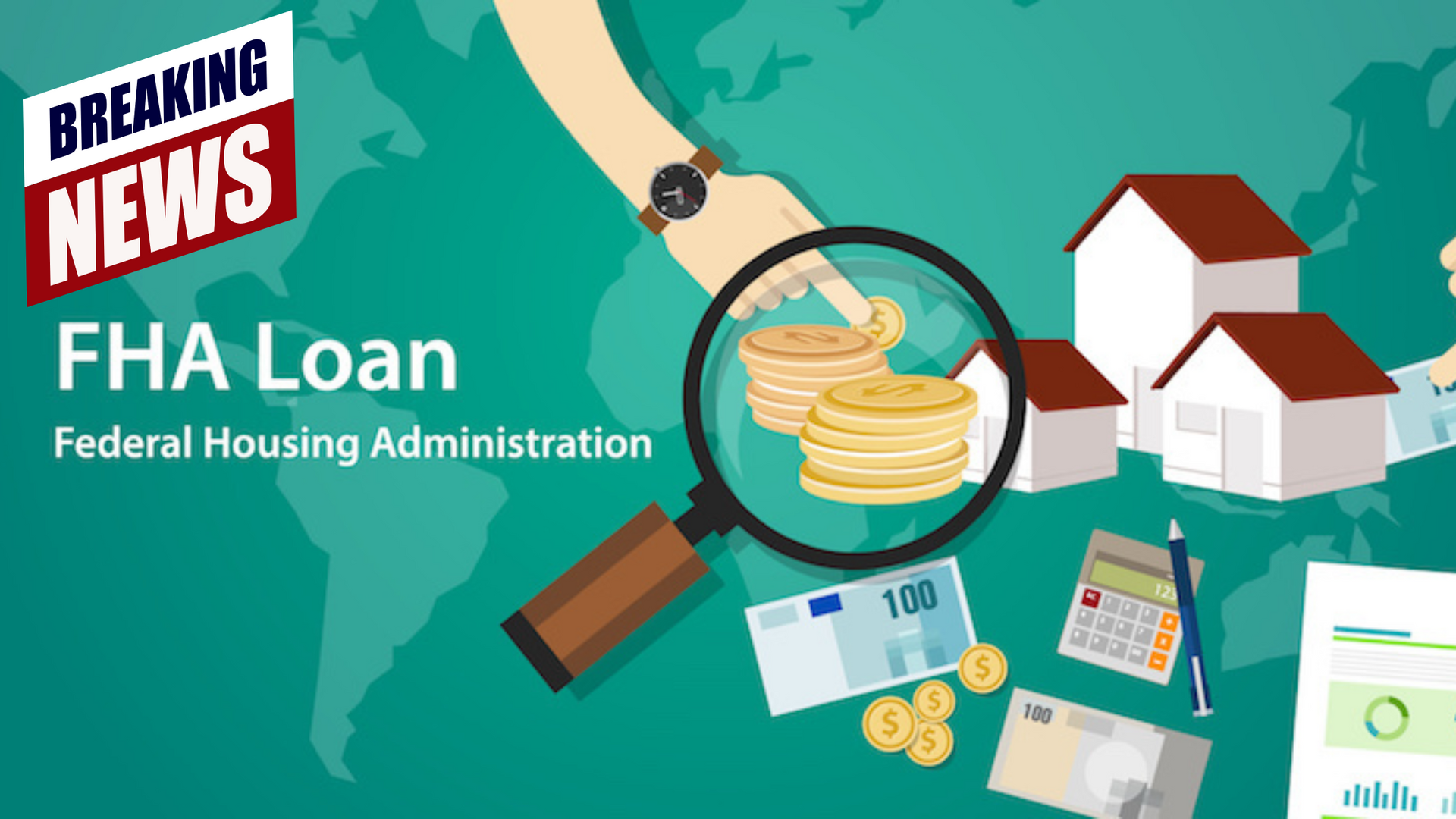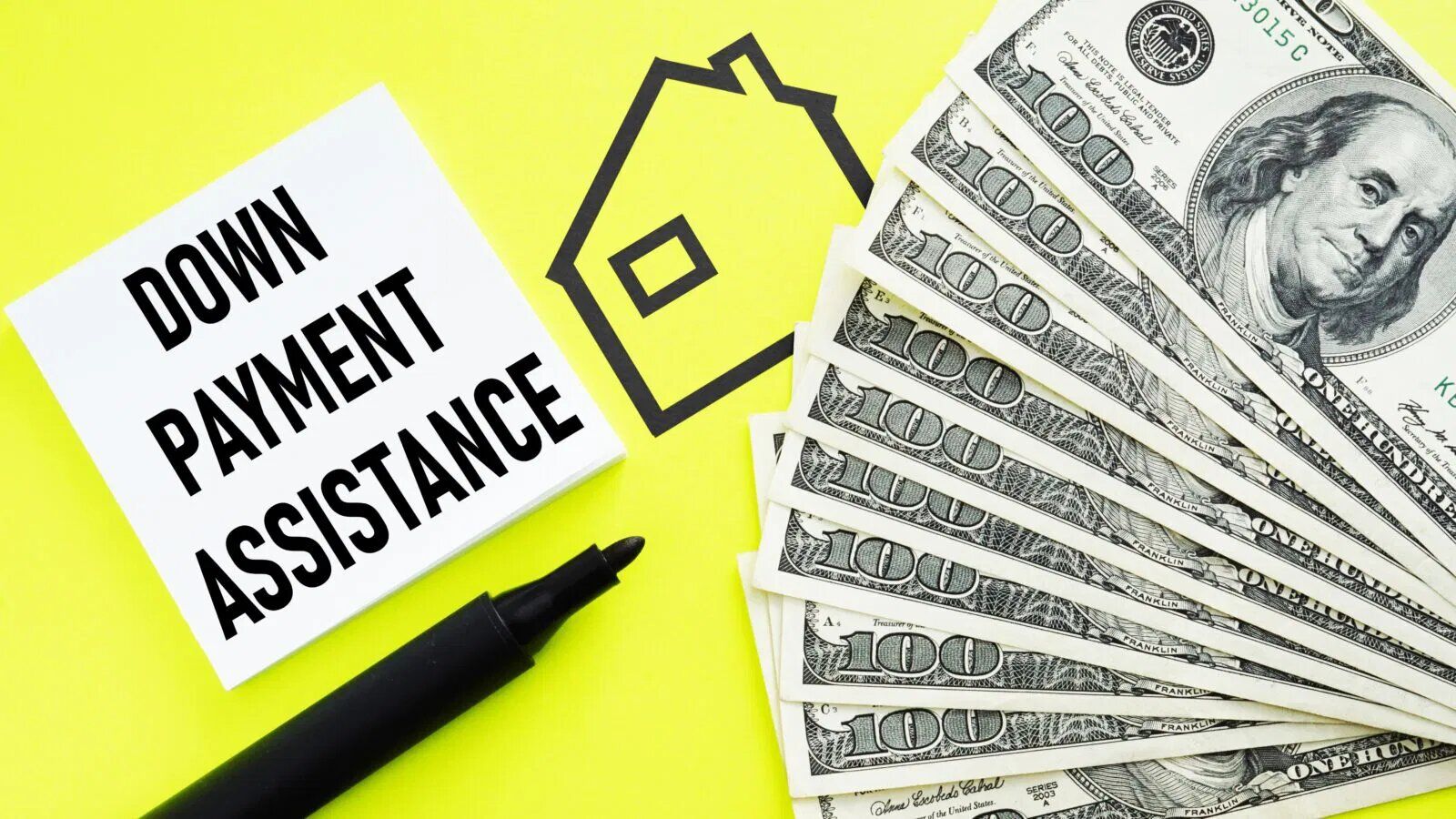Every week we release educational videos related to hot topics in the mortgage industry on YouTube.
Subscribe to our channel to stay in-the-know!
You opened your mortgage statement—and your payment just went up. You’re thinking, What the heck? I thought I had a fixed-rate loan!
You’re not alone. This is happening to homeowners across the country. The good news? It’s not a mistake—and it’s not your interest rate going up. But it is something you need to understand and stay ahead of.
In this post, we’ll explain exactly why your payment increased and what you can do to prevent future surprises.
Let’s clear this up first:
Your
interest rate may be fixed for 30 years—but if your monthly mortgage includes
escrow for taxes and insurance (which most do), then
your total payment is not fixed.
If you put less than 20% down when you bought your home, your lender likely required you to escrow. That means they collect money every month for property taxes and homeowners insurance, then pay those bills on your behalf once a year.
So if your taxes or insurance go up, your payment goes up too.
Every year, your county reassesses your property’s value and tax rates. If your home value increases or local tax rates (school, city, water district, etc.) change, your property tax bill can rise.
And that higher bill gets passed directly to your mortgage payment.
Action Tip:
Counties mail out notices every year with your new assessed value.
Don’t ignore these! You have the right to protest your property taxes—and doing so could save you hundreds per year. More on that below.
You’ve probably heard that insurance rates are rising across the U.S.—especially in areas hit by natural disasters. If your insurance premium increases, so will your mortgage payment if you escrow.
Each year (typically in February or March), your lender performs what’s called an escrow analysis:
That’s why some homeowners see a double increase—repaying the shortage and covering future higher costs.
Want more details? Watch my full video: Help! My Escrow Account Is Short
Every county offers a chance to protest. If your home's assessed value seems too high, you can:
You usually only have a few weeks to protest—so open your mail and mark your calendar when tax notices are due. If you live in Texas, check out my video about how to protest your property taxes in Texas.
Don’t blindly accept renewal notices. Insurance companies can raise rates quietly—so it’s up to you to push back.
Even small savings can add up over time and help prevent your payment from increasing. Check out my video about shopping for homeowners insurance.
You’ll always receive copies of your tax and insurance bills—even if the mortgage company is paying them. Set reminders for:
Being proactive gives you more control—and could save you thousands.
I’m here to help. Drop your question in the comments, or book a free consultation. I’ll personally walk you through your escrow breakdown and options to reduce future costs.
Also, check out my free YouTube series, the Blueprint to Homeownership, and share it with anyone you know who’s buying a home. Education is everything.
Watch the Free Homebuyer Course
Bottom Line:
Your payment didn’t go up because of your interest rate—it went up because taxes and insurance did. But with a little know-how and a proactive mindset, you can manage those increases and avoid future surprises.






All Rights Reserved | Jennifer Hughes Hernandez | Senior Loan Officer | NMLS #514497
Full service residential lender with an experienced team offering expert service, reliable communications and on-time closings in the greater Houston area.

Every week we release educational videos related to hot topics in the mortgage industry on YouTube.
Subscribe to our channel to stay in-the-know!
Gardner Financial Services, Ltd., dba Legacy Mutual Mortgage, NMLS #278675, a subsidiary of Texas Partners Bank. 18402 U.S. Highway 281 N, Ste. 258, San Antonio, TX 78259. AZ BK-2001467. Check registration and licensing at nmlsconsumeraccess.org. Legacy Mutual Mortgage is an Equal Housing Lender. This is not a commitment to lend. Material is informational only and should not be construed as investment or mortgage advice. Legacy Mutual Mortgage is not an agency of the federal government. Not all loan products are available in all states. All loans are subject to credit and property approval. Not all applicants qualify. Restriction and conditions may apply. Information and programs current as of date of distribution but may change without notice. [11/2025]